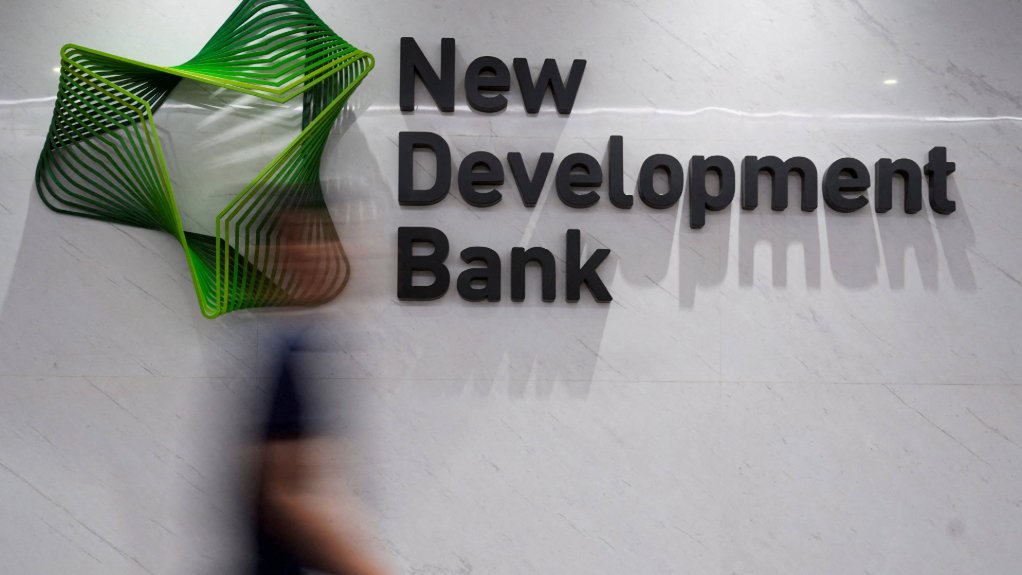Enacting the just transition in emerging markets and developing countries (EMDCs) requires “a huge amount of resources and long-term financing”, says New Development Bank (NDB) president Dilma Rousseff, who is also the former President of Brazil.
Mobilising more investment for sustainable development, however, seems unlikely without tackling the issue of indebtedness first, she notes, and, more particularly, the indebtedness of developed countries.
Rousseff spoke at the ninth yearly meeting of the NDB, held in Cape Town this week.
The NDB was created in 2015 by Brazil, Russia, India, China and South Africa (Brics) to mobilise resources for infrastructure and development projects in Brics and other emerging market economies and developing countries.
According to a World Bank estimation, the ten most developed economies in the world have combined debt of around $87-trillion, noted Rousseff.
“Financing such high public debts drains a significant portion of the huge liquidity available in international markets.
“This liquidity could otherwise be channeled into financing the debt of EMDCs and, thus, the necessary investments for sustained development.”
For developing countries, indebtedness can also become an excessive burden, said Rousseff.
“As we know, fiscal space is essential to ensure that governments can simultaneously invest in development actions, combat climate change and achieve their sustainable development goals.
“Nevertheless, the debt of developing countries is growing too much and too fast.
“For instance, interest payments in developing countries have increased more quickly than public spending on infrastructure, health, education and housing over the past decade.
“External shocks, such as [increases] in interest rates in international markets, and excessive depreciations of their currencies, end up fueling a vicious cycle of indebtedness.”
Rousseff said the mismatch between debt in strong currencies and the income generated by projects created a barrier to sovereign and non-sovereign investment in developing economies.
“For that, we need to put in place two actions.
“Firstly, it is necessary to channel the international liquidity to developing countries and reduce the burden of high interest rates; and, secondly, develop alternatives like financing in local currency to widen the fiscal space to invest.”
“New financial solutions are needed for EMDCs,” emphasised Rousseff.
“Diversifying funding sources and using a broader currency basket improves economic resilience against shocks associated with monetary policy decisions.”
This is the reason why expanding the use of local currencies is one of the NDB’s strategic objectives for the 2022 to 2026 period, said Rousseff.
“The bank is putting in place local currency sustainable development-oriented platforms and recognises the urgency of making green financing available to the member-countries.
“Therefore, it aims to provide 30% of total financing in the local currencies of borrowing members.”
EMAIL THIS ARTICLE SAVE THIS ARTICLE ARTICLE ENQUIRY
To subscribe email subscriptions@creamermedia.co.za or click here
To advertise email advertising@creamermedia.co.za or click here











